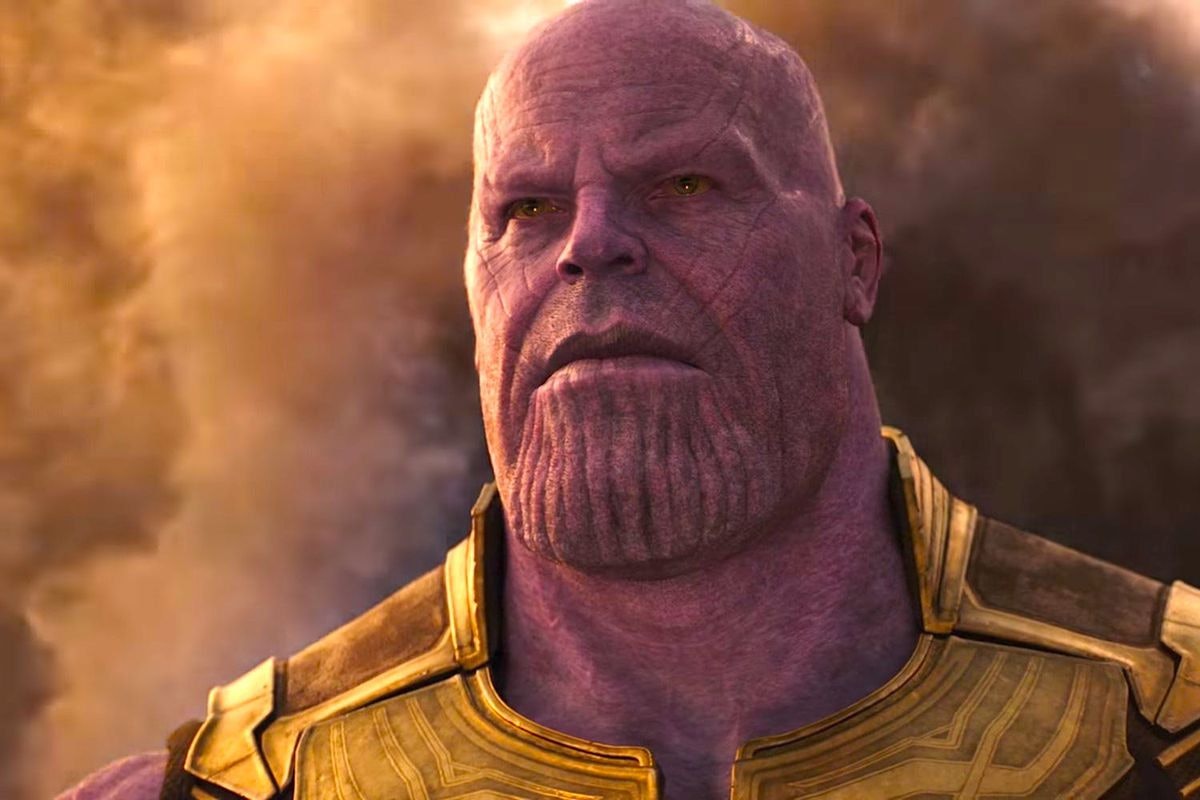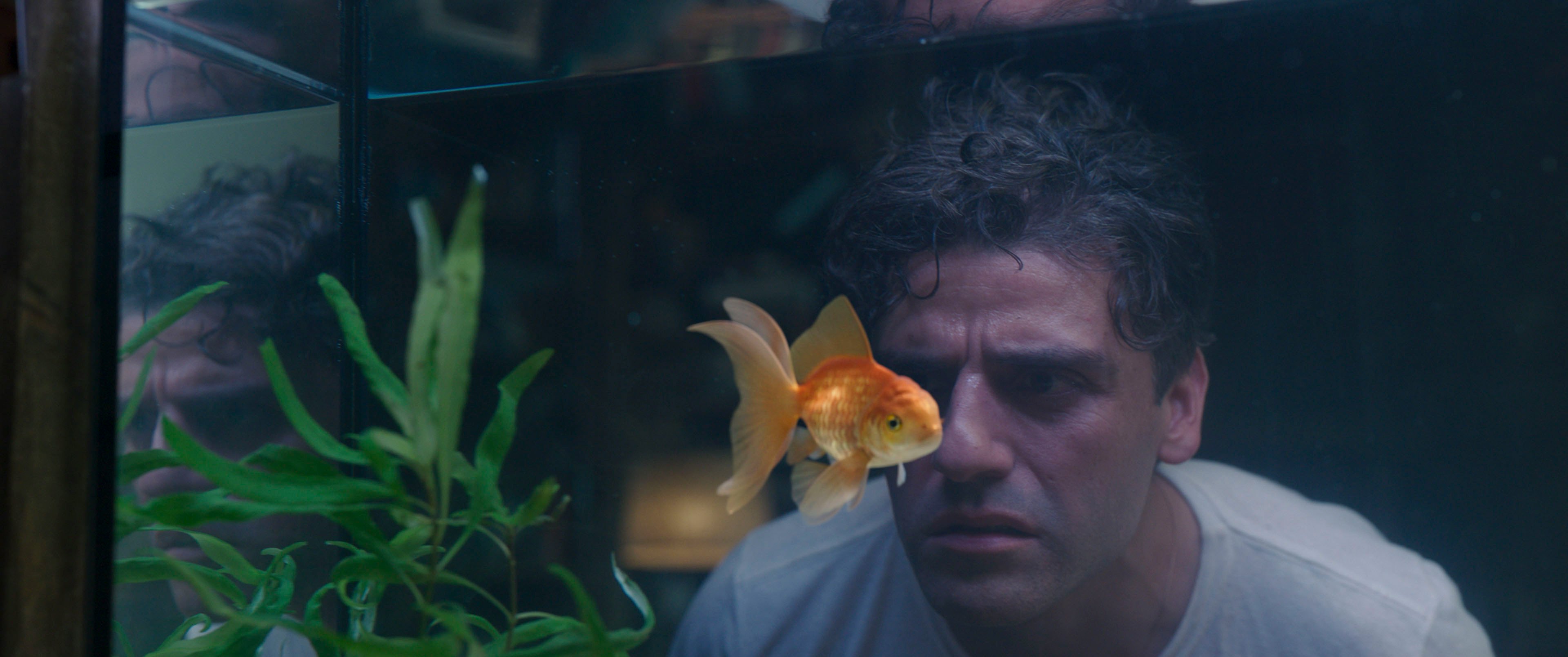
Ever since Avengers: Endgame, Marvel has been in a bind: How can any villain ever compare with Thanos?
The studio spent nearly a decade building up its first big bad before unleashing him on the Marvel Cinematic Universe, where he wiped out half of all life with the snap of his fingers. That’s a tough act to follow, but with one subtle trick, Moon Knight may have solved the problem once and for all.
Moon Knight vs. Thanos
One of the best things about Moon Knight is its total disconnect from the rest of the Marvel Cinematic Universe. (For some people, that’s also the worst thing about it, but personally, I’m a fan.) This means that aside from a blink-and-you-miss-it reference to the Global Repatriation Council, Thanos and the destruction he caused are never mentioned.
This is particularly obvious when you consider one pivotal line spoken by Arthur Harrow (Ethan Hawke), the main villain of Moon Knight. Harrow is a cult leader who harnesses the powers of the Egyptian god Ammit to judge people as good or evil based on both their past and future actions. Anyone revealed to be a future sinner is murdered on the spot. (It’s kind of like Minority Report, but with superheroes and ancient deities.)

In defense of his murderous policies, Harrow lists off some of history’s greatest tragedies, which he claims could have been averted using his methods.
“Had Ammit been free, she would've prevented Hitler, the destruction he wrought, Nero, the Armenian genocide, Pol Pot...”
Notice anything missing? On a list including some of Earth’s greatest monsters (and multiple genocides), Thanos is notably absent. You’d think that wiping out half of the universe would put the Mad Titan on Ammit’s naughty list. His absence could reveal shifting attitudes towards the MCU’s most famous villain within this fictional universe.
How Moon Knight changes the MCU

So why doesn’t Arthur Harrow mention Thanos? The actual real-life reason is probably that Moon Knight’s creators are intent on telling a story you can enjoy without watching 14 years of movies and TV shows first, but the in-universe implications are more interesting.
The first (and less likely) explanation is that Ammit actually believes Thanos is good, not evil. This might seem like a stretch, but don’t forget that he never saw himself as a villain. His goal was to end hunger and overpopulation. Don’t forget that some people both in the MCU and in our own world still think Thanos was right.
Then again, considering Thanos murdered literally billions (if not trillions) of people, this seems unlikely. The more realistic answer is that because the Avengers essentially undid the Snap, Arthur Harrow doesn’t see him as a villain on the same scale as Hitler. In other words, Thanos’ legacy doesn’t amount to much in the MCU.
This has broader implications for Marvel beyond Moon Knight’s story. If no one cares about Thanos anymore, then the MCU is finally free to move on and tell a different supervillain saga. We just hope it won’t take another 10 years to build up the next big bad.
Moon Knight is streaming now on Disney+.







